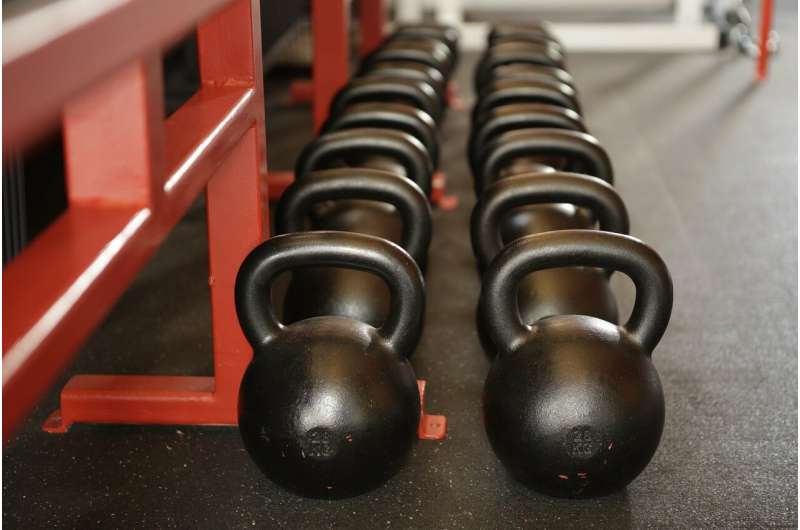New Research Shows Traditional Exercise Outperforms Yoga in Promoting Vascular and Heart Health

A new study reveals that traditional exercise methods outperform yoga in improving vascular and heart health, emphasizing the importance of varied physical activity for cardiovascular well-being.
Recent scientific findings challenge the common perception that yoga is equally effective as traditional exercise in improving cardiovascular health. Published in Advances in Integrative Medicine, a comprehensive review of existing studies—including randomized controlled trials and crossover studies—examined the impact of yoga versus other physical activities on vascular function in sedentary adults.
Vascular health, which pertains to the elasticity and responsiveness of blood vessels, is vital for cardiovascular well-being. Sedentary lifestyles and prolonged sitting can impair vessel flexibility, leading to increased risks of hypertension, cholesterol buildup, and blood clots.
Lead researcher Dr. Leena David from the University of Sharjah explained that blood vessels function like flexible hoses; when they stiffen, the risk of heart attacks and strokes rises. The study indicates that structured physical activities, such as Tai Chi, Pilates, and high-intensity interval training, reliably maintain vessel elasticity, whereas yoga offers some benefits but with less consistency. Notably, middle-aged and older adults often report improvements from yoga, but younger individuals may not experience the same effects.
The global prevalence of yoga practitioners, estimated at 300 million, and the over 620 million people affected by cardiovascular disease underscore the importance of these findings. The research emphasizes that the type, intensity, and consistency of physical activity are crucial for optimal vascular health. Regular movement—even simple routines—can enhance arterial resilience and help counteract the damaging effects of prolonged sitting.
Dr. David advocates for a balanced approach, combining various forms of exercise to promote heart health. While yoga remains accessible and culturally significant, it may need to be supplemented with more vigorous exercises for consistent cardiovascular benefits. Public health strategies should emphasize movement as medicine, encouraging diverse physical activity routines tailored to individual capabilities.
In summary, although yoga is beneficial and widely accessible, it may not offer the same vascular health improvements as traditional or high-intensity exercises. Health care providers are encouraged to recommend a mix of activities to improve vascular function and overall heart health, especially for sedentary populations. Embracing a spectrum of movement types could help make cardiovascular health more achievable for everyone.
Source: https://medicalxpress.com/news/2025-09-scientists-yoga-effective-traditional-vascular.html
Stay Updated with Mia's Feed
Get the latest health & wellness insights delivered straight to your inbox.
Related Articles
Exercise Significantly Improves Survival Rates in Colon Cancer Patients, New Study Finds
A recent international study reveals that structured exercise over three years can significantly boost survival and reduce recurrence in colon cancer patients, highlighting the vital role of physical activity in recovery.
Young People's Physical Fitness Declines Linked to the COVID-19 Pandemic
Recent research shows that the COVID-19 pandemic significantly decreased physical fitness levels among youth, underscoring the importance of promoting physical activity during disruptions to support health and well-being.
Paternal Exercise Influences Offspring Health via Sperm MicroRNAs
Research reveals that exercise performed by fathers can enhance offspring health through changes in sperm microRNAs, promoting better endurance and metabolic function across generations.
Optimal Workout Order Revealed: Cardio Before or After Weightlifting?
Recent research reveals that performing weight training before cardio enhances fat loss and daily activity. Discover which workout order maximizes your fitness results based on scientific findings.



